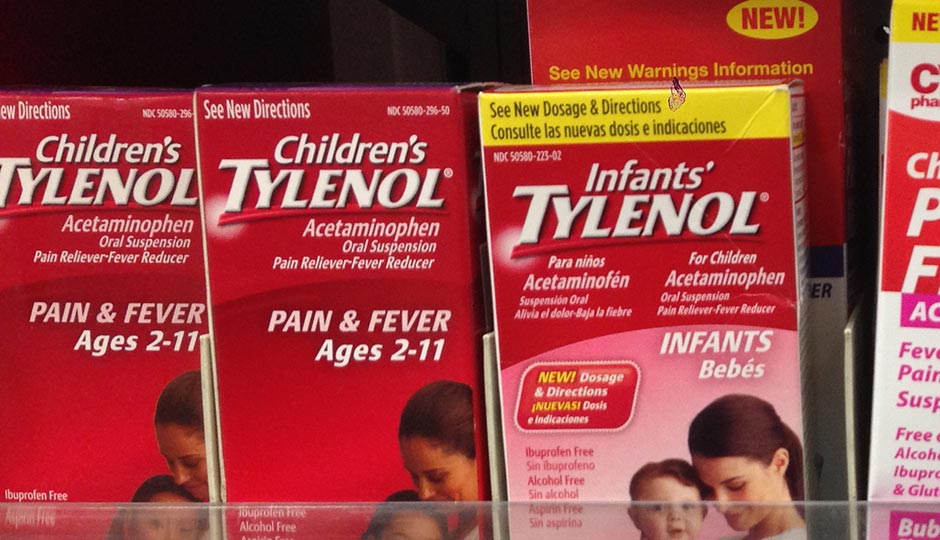Montco-Based McNeil Pleads Guilty to Selling Contaminated Children’s Tylenol

Photo | Paulina Isaac
On Tuesday, McNeil-PPC, the Fort Washington-based subsidiary of pharmaceutical giant Johnson & Johnson pleaded guilty in a Philadelphia federal courtroom for its criminal role in contaminated Children’s Tylenol and Children’s Ibuprofen liquid medicines being sold to the public.
McNeill pleaded guilty to one count of “delivery for introduction into interstate commerce adulterated drugs,” a misdemeanor violation of the Federal Food, Drug and Cosmetic Act. The company will pay a $20 million criminal fine and face a $5 million forfeiture.
In 2009, the company received a complaint about “black specks in the liquid on the bottom of the bottle” of Infants’ Tylenol manufactured at the Fort Washington facility. Lab tests showed that the particles contained nickel, iron and chromium. According to prosecutors, McNeil found “numerous” other instances of metal particles in their children’s medicines but didn’t follow the protocol required of a drug manufacturer in that scenario.
When the FDA visited McNeil in 2010, they found that there had been 30 batches of contaminated children’s drugs. McNeil later issued a recall of more than 136 million units — the largest recall of children’s pharmaceuticals in history.
“McNeil’s failure to comply with current good manufacturing practices is seriously troubling,” said Acting Assistant Attorney General Benjamin Mizer in a statement.
A permanent injunction barring McNeil from reopening the Fort Washington manufacturing plan until certain remedial measures had been completed was enacted in 2011. In 2012, Johnson & Johnson’s CEO told investors that he would reopen the plant in 2013. But as part of the plea agreement, the injunction remains in place until further notice.
There were no reported injuries as a result of the contamination. “Although the public health risk from these quality problems is low,” a deputy FDA commissioner testified before Congress in 2010, “these problems should have never occurred, and the … failures at the facility that caused them were unacceptable.”
Federal authorities say they hold that the sentence will make McNeil and other manufacturers more careful in the future.
Read the full plea agreement and sentencing memorandum below.
Follow @VictorFiorillo on Twitter.


